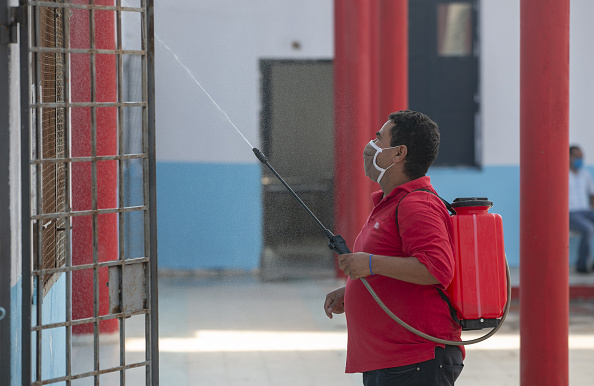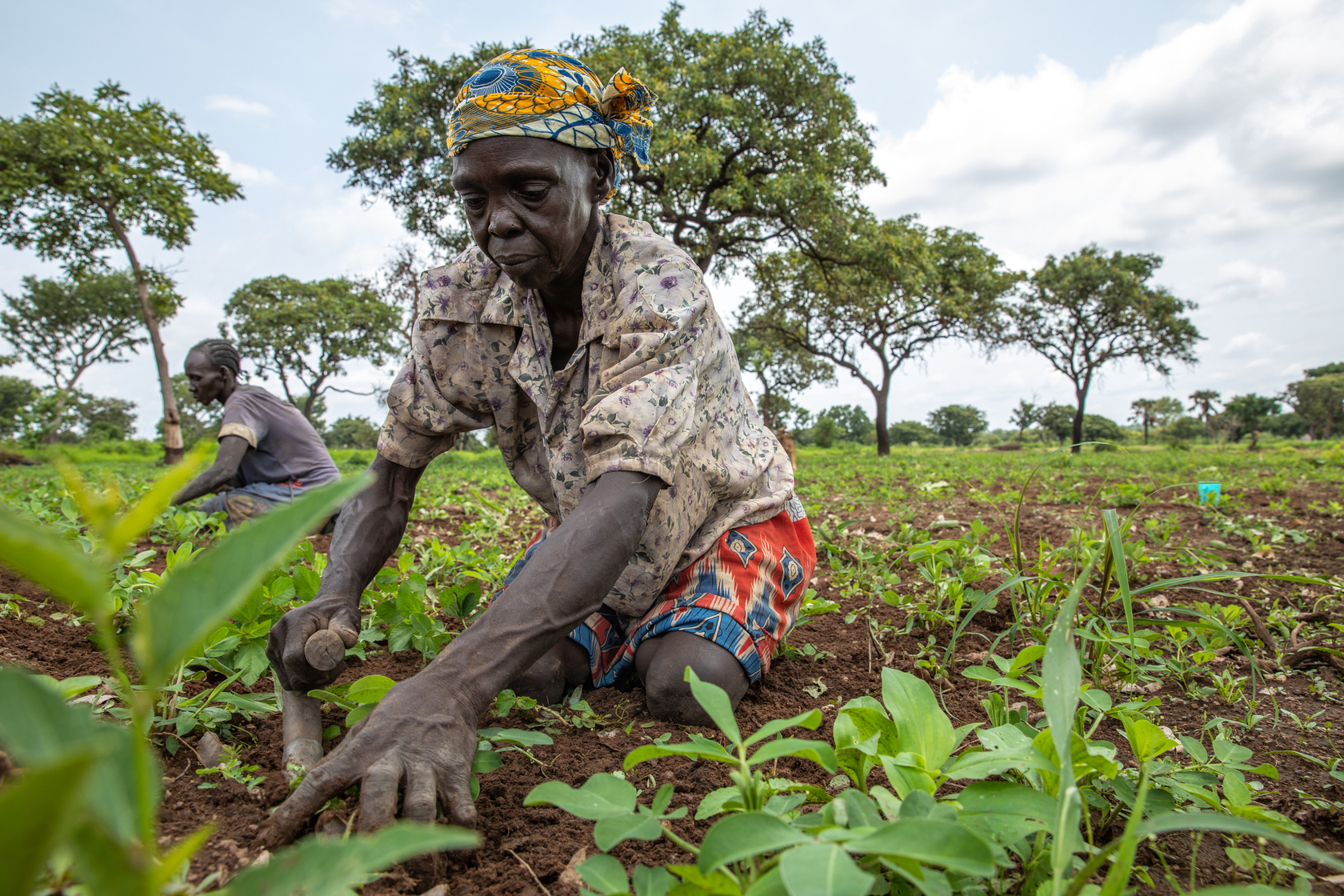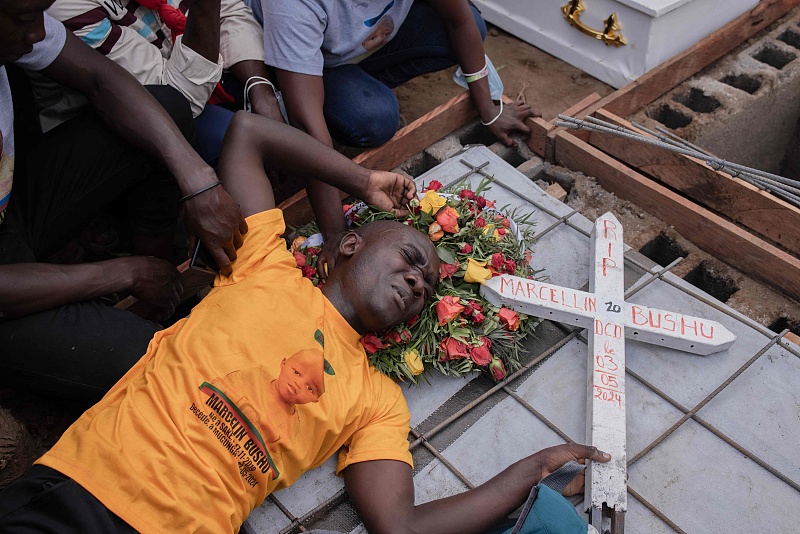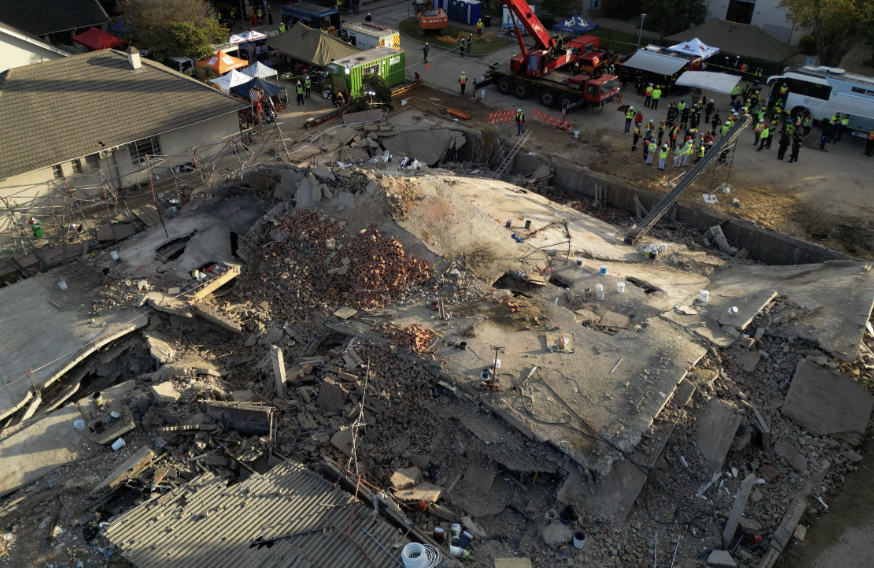
Tunisia to take urgent preventive measures to curb spread of COVID-19

New urgent preventive measures will be taken to combat the rapid spread of COVID-19 in Tunisia, Minister of Health Faouzi Mehdi announced on Friday.
The preventive measures included the establishment of sanitary confinement in certain regions classified as a “hot spot” with a cumulative incidence exceeding 250 cases per 100,000 inhabitants, the minister said during a plenary session in parliament devoted to the evaluation of the health, social and educational situation in Tunisia.
The minister stressed the need to respect preventive measures such as wearing a mask which, according to him, reduces the rate of contamination of about 60 percent in addition to physical distancing and frequent hand washing.
Mehdi called on citizens to be responsible and respect health protocols, “especially in this period which coincides with the seasonal flu.”
He added that the control of the application of health protocols will be reinforced, particularly in public spaces and houses of worship, and all offenders will be punished.
Local authorities in three provinces including Sousse, Monastir and Sidi Bouzid decided to impose a night curfew from 8 p.m. until 6 a.m. local time.
The curfew took effect on Thursday night and will continue until Oct. 15 according to the pandemic situation in the three provinces.
Tunisian Health Ministry on Friday reported 1,308 new COVID-19 cases, raising the total number of infections to 19,721 with 271 deaths.
“The number of hospitalized COVID-19 patients reached 347 including 99 in intensive care units and 41 others are mechanically ventilated,” said the ministry’s statement.
A total of 238,671 lab tests have been carried out by Sept. 30, of which 8.3 percent proved positive, according to the statistical document of the ministry.






